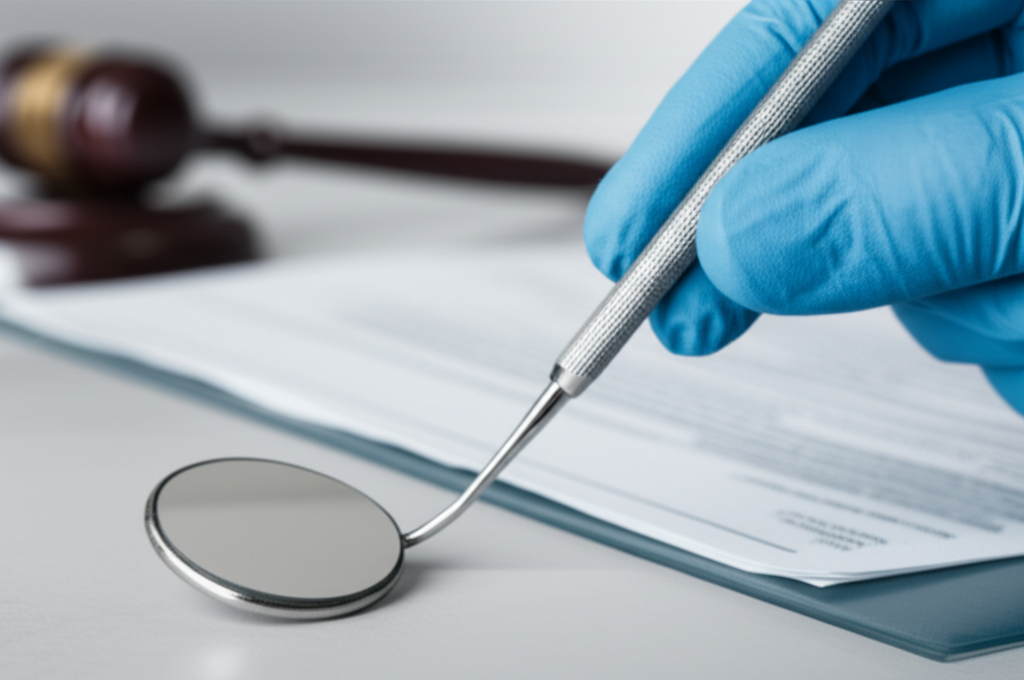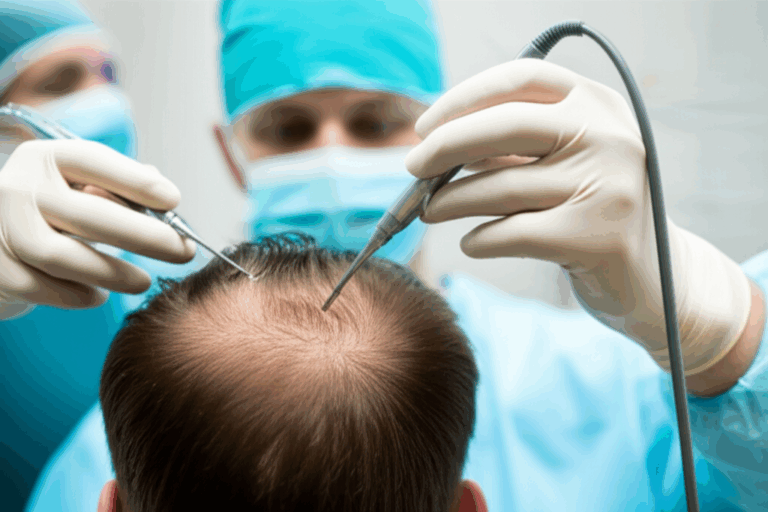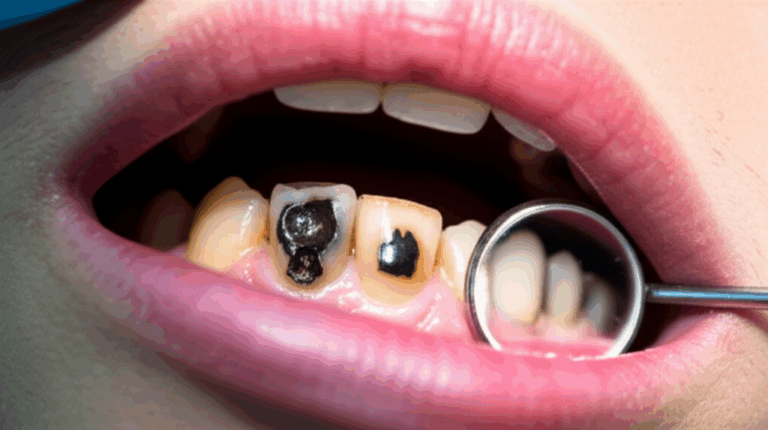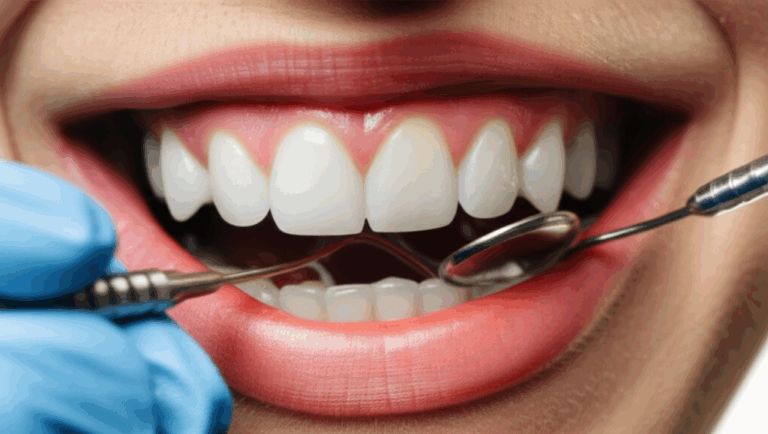
Can a Dentist Have a Criminal Record? Understanding Licensing, Consequences, and Patient Safety
When you go to a dentist, you trust them with your health. But what if you find out your dentist had a run-in with the law? This article explains if a dentist can work with a criminal record, what that means for their license, your safety, and how you can check up on your dentist’s background. It’s about rules, second chances, and making sure you know what matters. If you care about honesty and feeling safe at your dental office, keep reading.
Table of Contents
Introduction: Why This Topic Matters
Dentists are trusted with your health and care. Most people think their dentist has a clean record. But sometimes that’s not true. People wonder about honesty, safety, and the law. If a dentist messes up—even badly—patients should know the facts.
This guide will show you how dental licensing works, what happens if someone has a criminal history, and what that means for everyone. You’ll see how the rules try to keep patients safe, but also how some dentists get another chance. If you’re worried about your dentist’s past, or wanting to become a dentist but made mistakes before, you’ll find clear answers here.
Can Dentists Have a Criminal Record?
Yes, dentists can have a criminal record. But not every record is the same, and not all crimes mean you can’t be a dentist. In most states, someone with a criminal background can still try for a dental license. But there are strict rules set by state boards about what is okay.
It’s not just a simple yes or no. Boards look at the type of crime, how long ago it happened, and what the person has done since then. For example, an old traffic ticket probably means nothing. But a recent felony is much more serious.
So, yes, dentists can have a record, but there are lots of conditions. The state board makes the final call and checks each story carefully.
What Kinds of Crimes Most Affect a Dental License?
Not all crimes are looked at the same way. Some problems can really put a dentist’s job in danger. Here are the main types that show up most:
Felonies and “Crimes of Moral Turpitude”
Felonies—like lying for money (fraud), stealing, hurting someone, or dealing drugs—can get you turned down or kicked out. Crimes that show bad character are really bad for a dental career.
Misdemeanors
Smaller crimes, like DUI, small theft, or little drug problems, might not be as bad, especially if it was a long time ago. But if the crime links to dental work, it’s much more serious.
Crimes Related to Dental Work
If a dentist commits fraud, hurts a patient, gives out drugs the wrong way, or does anything against patients, the rules are even tougher. Boards usually don’t give a second chance for things that break trust.
Quick table for help:
| Type of Crime | Effect on Dental License |
|---|---|
| Felony (Fraud, Assault) | Often denial or loss |
| Misdemeanor (DUI, Theft) | Probation, warning, or denial |
| Related to Dental Work (Fraud, Abuse) | Big chance of losing license |
| Non-practice small offense (traffic) | Usually no effect |
How Does the Licensing Process Work for Dentists With a Record?
When a dentist or student finishing school applies for a license, they go through a police background check. This means fingerprinting, talking to law officers, and telling the board about any crime in the past. Often, the law says even records you thought were gone still need to be said.
When Applying:
Dentists are asked about crime in their past. If yes, they must send court papers, a letter explaining what happened, and proof they tried to fix things.
Renewing a License:
Licenses must be renewed every so often. When you renew, you must say if you got arrested or in trouble again. A lot of boards check again. If you try to hide new problems instead of telling, the punishment is usually worse.
What if They Don’t Tell?
If a dentist hides their record, they can get in trouble. Lying is usually worse than admitting a mistake.
What Happens If a Dentist Is Convicted While Practicing?
Let’s say a dentist gets in legal trouble while working. What happens?
Possible punishments:
- License suspension (can’t work for a bit)
- License loss (can’t work as a dentist anymore)
- Fines
- Probation (can work but with rules, like drug tests)
- Warning (goes on their public record)
For example, I once saw a dentist with a DUI. Because they got help and were honest, the board let them keep working under watch. Another dentist who lied for money lost their license right away.
Comparison:
| Offense | Usual Result |
|---|---|
| Serious felony | Loss of license or denied |
| DUI, but got help | Probation, counseling, sometimes keep job |
| Didn’t tell about trouble | Suspended or lost license |
| Hurt patients or lied | Almost always license lost |
How Do State Dental Boards Make Their Decisions?
The state dental board decides if a dentist can keep working. They must keep patients safe but be fair if a dentist tries hard to change.
They look at:
- How bad the crime was
- How long ago it was
- Is it related to dental work?
- Has the dentist worked to fix things?
- Did they tell the truth?
- What did the court say to do—probation, fines, treatment?
Tip: Boards have rules, but they check each case on its own. If a dentist is honest and shows change, or the crime was long ago, they may get a second chance.
Is It Possible for Dentists With a Record to Keep or Get a License?
Yes, but only in some cases.
For Big Crimes:
It’s very hard. Especially if the crime hurt a patient or involved lying or if it’s recent.
For Small Offenses:
Old, small crimes sometimes get a chance—if there’s proof of counseling or change.
Probation and Watch:
A dentist may have to work under rules—probation, checks, maybe can’t do some things. Breaking these rules usually means losing their job.
For example: Dr. Anna (not her real name) had repeat DUIs but joined a monitoring program and got counseling. The board let her keep her job but only with regular checks to make sure she was better.
What About Patient Safety and Public Trust?
In the end, it’s about you, the patient. Boards are there to protect you. Dentists handle your info and use strong drugs sometimes. Patients are in a spot where they have to trust. Losing trust can end a dentist’s job.
If you see something bad about your dentist:
Report it to your state board—it’s usually easy to do on their website. Patients help dentistry stay honest by speaking up.
How Can You Check a Dentist’s Background?
You can check up on your dentist. Here’s how:
Also, see if your dentist uses good labs. Some partner with a digital dental lab or a trusted crown and bridge lab. This shows they care about quality.
Real-Life Examples & Case Studies
Stories help show the point. Here are some real-style cases based on dental board actions:
Case 1: Fraud And License Lost
Dr. Sam billed for crowns he never did. That’s fraud. He lost his license forever. Once trust is broken that badly, you don’t get to come back.
Case 2: Repeat DUIs And Probation
Dr. Lisa had two DUIs but went to counseling and joined support groups. The board made her stop working for some months, then let her return under strict rules and testing.
Case 3: Hiding the Truth Makes Trouble
Dr. Mike had a minor crime (shoplifting) but didn’t tell the board when he renewed. They found out anyway. He was suspended—not because of the crime, but for not being honest.
Frequently Asked Questions (FAQ)
Q: Can I trust my dentist has a clean record?
A: Most do, but you can check with your state dental board any time.
Q: Can a student with past crime become a dentist?
A: Depends on crime, how old it is, and if they have really changed. Telling the truth helps.
Q: Will a DUI end a dentist’s career?
A: Not always, but there will be rules to follow. Repeat problems are much worse.
Q: Are dental board actions seen by the public?
A: Yes, most state dental boards list discipline online.
Key Points to Remember
- Dentists can have criminal records, but it depends on crime and timing.
- Dental boards want patients to be safe, and they care about honesty.
- Big crimes (like lying, hurting patients, violent acts) almost always mean losing your license.
- Even small crimes—if you lie about them—can cause big trouble.
- You can always check your dentist’s license or ask them straight up.
- Dentists using good labs—like a dental ceramics lab—show they care about quality.
- If you ever feel unsure about your dentist, check with your state dental board.
- Dentists can get second chances if they really change.
- As a patient, you deserve safe, honest care—don’t be afraid to ask questions.
References
- American Dental Association: Professional Ethics and Criminal Records
- California Dental Board: Licensing and Disciplinary Actions
- National Practitioner Data Bank: Practitioner Information
- Centers for Disease Control and Prevention: Patient Safety Guidelines
If you keep these things in mind, you’ll be a smarter, more confident patient—or a better dental professional. Trust, honesty, and safety give you the best smiles.








